All About Router Accessories
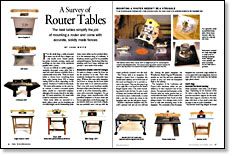
Routers get much of their versatility from the wide assortment of bits, guides, and work tables that are available for them. Although many jigs and fixtures can be made in the shop, sophisticated accessories are readily available from a variety of manufacturers.
What Counts:
• Heavy-duty bits make cleaner cuts
• A jig for every task: purchase one or make it in your shop
• Router tables increase the versatility of the router
Countless router bits
Bits come in all sizes, from tiny 1/8-in. veining bits with 1/4-in. shanks to massive panel-raising bits with 1/2-in. shanks. If the selection is not limitless, it seems that way: there are dozens of profile bits for making decorative molding, bearing guided bits for pattern-making, rabbeting bits, dovetail bits and drawer-making bits. Carbide-tipped bits, which wear much longer than tool steel, are typical and some bits are made of solid carbide. Carbide is too hard to be sharpened in a home shop, although a diamond hone can be used for minor touch-ups.
In general, bits with heavier shanks chatter less than small-shank bits and produce a better cut. Large bits, like panel-raisers, should be run at lower speeds than small bits. Not all routers have this feature, but after-market variable speed controllers are available. When buying a bit, look for smoothly ground cutting edges and a seamless braze between the carbide and steel body.
Jigs and fixtures
Just like the number of bits available for the router, jigs and fixtures are abound. Manufacturers have dreamed up a tool for just about any router operation, from cutting dovetails and mortise-and-tenon joints to cutting circles and ellipses. Many of the manufactured jigs and fixtures can also be shop built.
Router tables
Mounted upside down in a table, routers are often used as mini-shapers. Tables can be purchased or shop built, and routers also can be suspended in a tablesaw accessory table. But height-control adjustments for the bit, as well as the power switch, become hard to reach. Router lifts, ranging in cost from about $150 to $370, make adjustments and even bit changes possible from above the work surface. Some models can be used with a plunge router, others can’t. All of the lifts on the market use a hand crank to set bit height, a lot more convenient than trying to do it by hand.
Fully constructed benchtop and floor-model router tables are available from a number of manufacturers, as well as individual parts that can be used to upgrade a mostly shop-made table. These include fences, base plates, featherboards and dust hoods. After-market edge guides are often an improvement on what comes with a router. Some are pricey, but they have micro-adjust features and can be used to make joints and cut circles as well as track the edge of a board.
Fine Woodworking Recommended Products
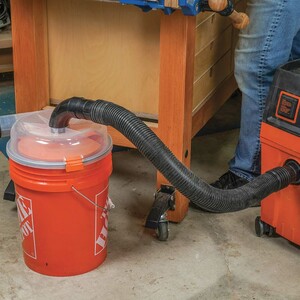
Dustopper Pro
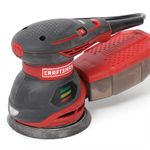
Craftsman Random Orbit Sander
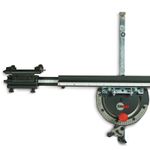
Sawstop Miter Gauge
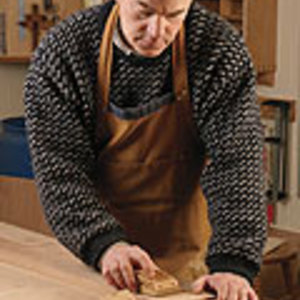




















Log in or create an account to post a comment.
Sign up Log in